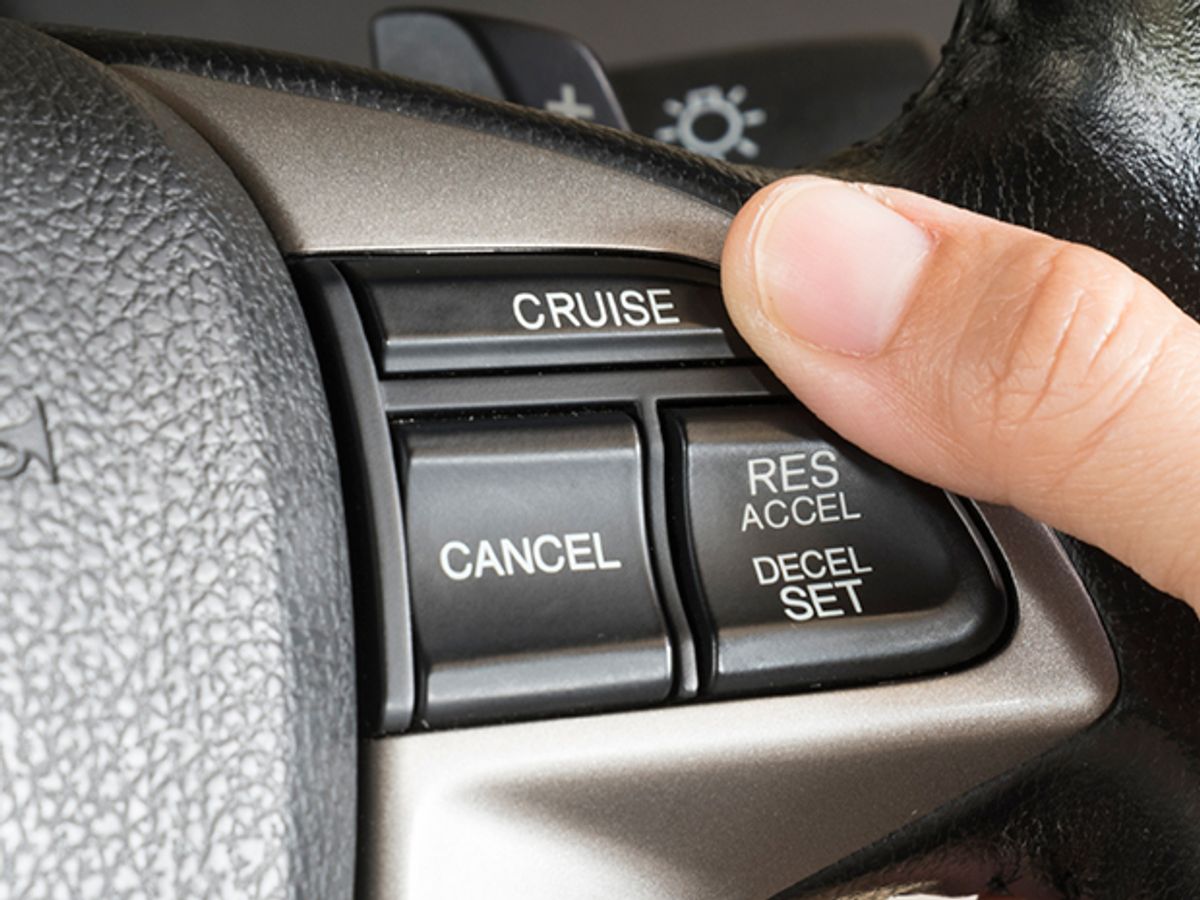Many of today’s cars use adaptive cruise control technology to automatically adjust driving speed and keep a safe distance from vehicles on the road ahead. But a new study shows how automotive engineers could improve on adaptive cruise control technology to boost energy efficiency alongside vehicle safety.
The new version of the technology, called ecological adaptive cruise control, could theoretically boost the energy efficiency of a Toyota Prius hybrid by up to 19 percent. A Canadian engineering team developed the system to incorporate data on road turns or traffic conditions—captured by an onboard vehicle sensor—so that it could maximize both safe driving and fuel economy. The concept was tested in computer simulations and detailed in the January issue of the journal IEEE Transactions on Intelligent Transportation Systems.
Such simulations showed that adaptive cruise control technology could squeeze the most energy savings during low-traffic conditions with relatively few vehicles on the road. During congested traffic conditions, the system mainly focused on safe driving around all the other cars rather than trying to boost energy efficiency.
Another simulated driving scenario involving going up and down a hill. In that case, the system chose to speed up the car before going uphill in order to get a 15 percent saving in energy costs.
The Canadian engineers also had to design the system to account for the two different sources of energy in plug-in hybrids: gas engines and electric motors. Other researchers have tried improving adaptive cruise control to boost fuel economy, but such work has typically focused on the simpler challenge of gas-powered vehicles.
Better adaptive cruise control represents just one of several smart car systems that could help drivers save on fuel and energy in the coming years. A recent report found that “micro-hybrid” car technology—capable of automatically stopping and restarting car engines during idle periods—could potentially do the most in helping automakers boost vehicle efficiency to meet future fuel economy standards.
Jeremy Hsu has been working as a science and technology journalist in New York City since 2008. He has written on subjects as diverse as supercomputing and wearable electronics for IEEE Spectrum. When he’s not trying to wrap his head around the latest quantum computing news for Spectrum, he also contributes to a variety of publications such as Scientific American, Discover, Popular Science, and others. He is a graduate of New York University’s Science, Health & Environmental Reporting Program.



